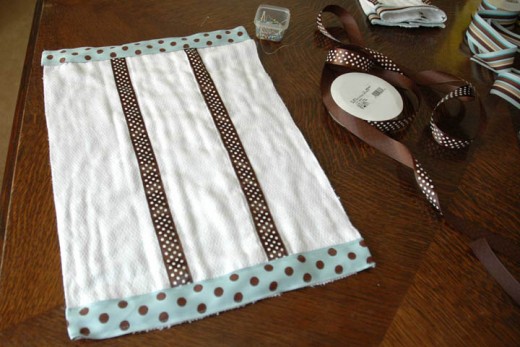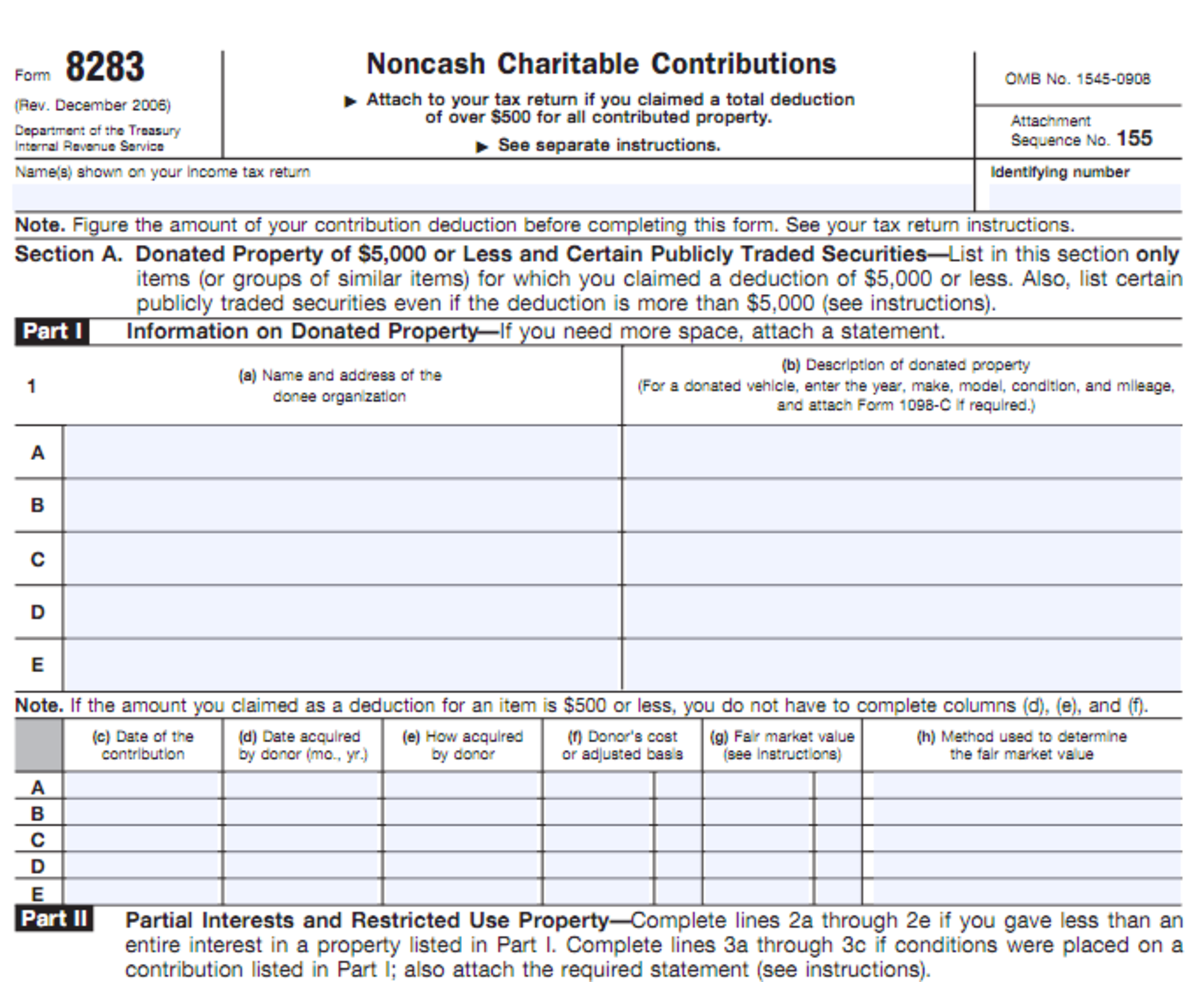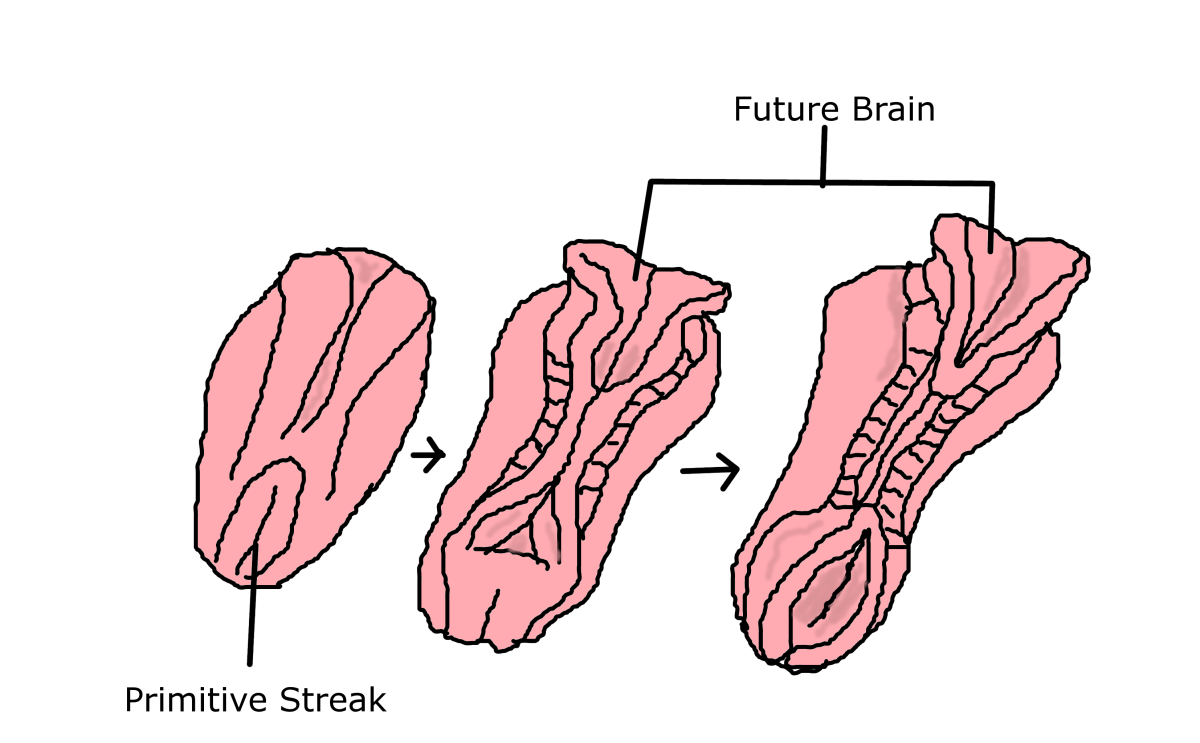Donating Umbilical Cord Blood

Donating Cord Blood
When one of my best friends told me her little boy’s leukemia had returned, we all knew the prognosis was grim. Thankfully, despite the odds, Jordan survived thanks to an experimental treatment. What saved his life was donated cord blood, that small amount of blood left in the umbilical cord blood after a baby is born, which for centuries was simply thrown away as medical waste.
When I became pregnant, I knew right away I wanted to donate my baby’s umbilical cord blood. Donating was unusual then, but after research I found the process was easy and did not cost me a cent. Jordan grew up, was accepted at UCLA and is now an aspiring filmmaker. My daughter and I will always be glad that we donated her cord blood. Perhaps we helped someone like Jordan. Now cord blood is increasingly used to treat a range of life-threatening illnesses, much like bone marrow transplants. Every mom-to-be should consider donating her baby’s cord blood.
What is umbilical cord blood?
Umbilical cord blood is the blood left over in the umbilical cord after the birth of a baby. The amount of cord blood may be small, just a few ounces, but it is rich with stem cells and has unique healing qualities that scientists are still studying.
What are stem cells?
Stem cells are a medical treasure because they are the building blocks of organ tissue, blood, and the immune system. Stem cells can be donated through bone marrow donations and through umbilical cord blood donations. Umbilical cord blood has qualities that may make it preferable over bone marrow for some patients.
How can stem cells treat disease?
Stem cells from bone marrow or umbilical cord blood can be used treat cancer patients with conditions such as leukemia and lymphoma. Chemotherapy kills off cancer cells, but it also harms good cells. It is this side effect of chemotherapy that stem cell transplants try to reverse. A donor’s healthy stem cells replace cells lost by the patient during chemo treatment.
How are stem cells matched?
Success of stem cell treatment depends in part on how closely the donor’s stem cells match those of the recipient. Matching is improved when the donor and recipient have the same ethnic and racial background. A recent study suggests that umbilical cord blood transplants may offer some patients better outcomes than bone marrow transplants. In the study, mismatched cord blood performed as well as matched bone marrow. Matched cord blood had a 20 percent higher survival rate than matched bone marrow recipients. Cord blood is especially helpful in cases where a patient has an uncommon tissue type, and cannot find a closely matched bone marrow donor.
How is cord blood collected?
Cord blood is collected after the baby is delivered and the umbilical cord is clamped and cut. Mother and baby are not even touched. The blood is collected from the cut cord using a needle much like blood is drawn from a patient. The process takes less than five minutes. The cord blood is put in a special container to keep it cool and is quickly sent to a special blood bank where it is measured and screened. If it meets requirements, it is catalogued on a registry by type and preserved in special freezers for possible future use.
What happens to cord blood that is not donated?
Until recently, umbilical cord blood was always discarded. Now moms can choose to collect cord blood for private banking (you pay an upfront fee and an annual fee to store it) or for donation to a public cord bank. If you chose neither of these options, the cord blood is discarded as medical waste.
Is there a cost to donate cord blood?
No. There is no cost to women who donate their newborn’s cord blood. Private banking of cord blood requires a one-time fee of approximately $600 to $2,000 for collection and approximately $100 to $125 per year for storage.
Can anyone donate cord blood?
To ensure that donated cord blood is safe, women are asked to fill out a questionnaire before donating. Family history of certain diseases, such as cancer, may indicate that donation is not possible. Donated cord blood is screened for diseases and genetic issues. If it meets requirements, it is stored at a public cord blood bank and entered on a registry which doctors can search to find matches.
Is arranging donation difficult?
Although donation of cord blood is simple, it does require advance planning. You must find a place willing to accept the donation, fill out the appropriate paperwork, and alert your obstetrician so that he or she is ready to act immediately after the umbilical cord is cut.
When should an expectant mother decide to donate or to use private cord banking?
Pregnant women should think about umbilical cord options early. If you want to bank your own cord blood, you will need time to research different companies and make a choice. If you want to donate your baby's cord blood, you must register with a collection program before the third trimester and you must pass a health history screening. Some paperwork will require a doctor's signature, so that is why you should get started early. You want to decide if you are going to bank your own blood or donate by your second trimester.
How do you find a public cord bank willing to accept donations?
Public cord blood banks are limited because collecting and storing cord blood is expensive. Most donation programs are affiliated with birthing centers. There are fewer than 200 collection centers in the US, mostly at large hospitals. There are also some banks which accept a limited number of mail-in donations. (This is the kind I used.) It may take some time to find a cord blood bank that will accept your donation. When my second child was born, I was unable to find a place willing to accept my donation at that time.
Links to help you find a place to donate cord blood
- Parent's Guide to Cord Blood Foundation
Our mission is to provide an impartial review of cord blood storage options for parents who are contemplating this form of medical insurance. - Where to Donate Cord Blood - find a cord blood bank and participating hospital
Find out where to donate umbilical cord blood to a public cord blood bank -- check for a participating hospital near you.
How will the donated cord blood be used?
Donated cord blood must meet a minimum size to be useful to patients and it must be screened for diseases and genetic issues. If it is cleared for use, then it is frozen and stored for possible use. Scientists believe frozen cord blood can be stored indefinitely. The use of cord blood transplants is growing. Cord blood is used more often in children because a cord blood unit has a limited amount size, and smaller patients need fewer cells. A larger patient may need two or more cord blood units combined. Cord blood is most commonly used to treat life-threatening diseases including leukemia, and other cancers or blood disorders. Scientists are researching cord blood for use in regenerative medicine where stem cells may help in experimental therapies to treat cerebral palsy, brain injury, and juvenile diabetes. Researchers are also studying how to grow the number of cells in a cord blood unit in a laboratory before giving it to the patient.
How will donating make me feel?
If you are pregnant, you know how important your baby’s health is to you. Donating cord blood gives you great satisfaction in knowing you may have helped improve someone's health in a way that no one else can. Cord blood donations are especially helpful to patients with minority or mixed ancestry because there are fewer bone marrow donors with matching tissue types. Having a baby is a joyous occasion. Now mothers can share the precious gift of life with another family by donating the blood in the cord that connected them to their child.
My personal experience donating cord blood
- creativezazz.com Blog Archive Donating Your Babys Umbilical Cord Blood
A post on my own blog telling my personal experience donating umbilical cord blood.

How to Make Designer Baby Burp Cloths Using Ribbon
- How to Make Designer Baby Burp Cloths Using Ribbon
Here's a link to an easy craft you can do while pregnant. I show you how to make cute baby burp cloths. You use these all the time to protect your clothes when you go out with baby. The ribbon makes them fun.








